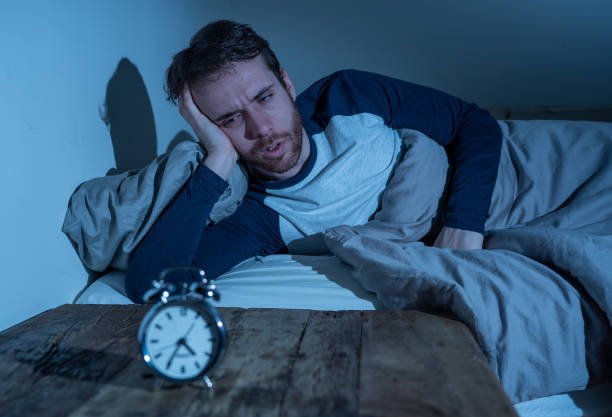Sleep Disorder

What is sleep?
Sleep is a complex biological process. While you are sleeping, you are unconscious, but your brain and body functions are still active. They are doing a number of important jobs that help you stay healthy and function at your best. So when you don’t get enough quality sleep, it does more than just make you feel tired. It can affect your physical and mental health, thinking, and daily functioning.
What are sleep disorders?
Sleep disorders are conditions that disturb your normal sleep patterns. There are more than 80 different sleep disorders. Some major types include:
- Insomnia – being unable to fall asleep and stay asleep. This is the most common sleep disorder.
- Sleep apnea – a breathing disorder in which you stop breathing for 10 seconds or more during sleep
- Restless leg syndrome (RLS) – a tingling or prickly sensation in your legs, along with a powerful urge to move them
- Hypersomnia – being unable to stay awake during the day. This includes narcolepsy, which causes extreme daytime sleepiness.
- Circadian rhythm disorders – problems with the sleep-wake cycle. They make you unable to sleep and wake at the right times.
- Parasomnia – acting in unusual ways while falling asleep, sleeping, or waking from sleep, such as walking, talking, or eating
Some people who feel tired during the day have a true sleep disorder. But for others, the real problem is not allowing enough time for sleep. It’s important to get enough sleep every night. The amount of sleep you need depends on several factors, including your age, lifestyle, health, and whether you have been getting enough sleep recently. Most adults need about 7-8 hours each night.
What causes sleep disorders?
There are different causes for different sleep disorders, including:
- Other conditions, such as heart disease, lung disease, nerve disorders, and pain
- Mental illnesses, including depression and anxiety
- Medicines
- Genetics
- Sometimes the cause is unknown.
There are also some factors that can contribute to sleep problems, including:
- Caffeine and alcohol
- An irregular schedule, such as working the night shift
- Aging. As people age, they often get less sleep or spend less time in the deep, restful stage of sleep. They are also more easily awakened.
What are the symptoms of sleep disorders
The symptoms of sleep disorders depend on the specific disorder. Some signs that you may have a sleep disorder include that:
- You regularly take more than 30 minutes each night to fall asleep
- You regularly wake up several times each night and then have trouble falling back to sleep, or you wake up too early in the morning
- You often feel sleepy during the day, take frequent naps, or fall asleep at the wrong times during the day
- Your bed partner says that when you sleep, you snore loudly, snort, gasp, make choking sounds, or stop breathing for short periods
- You have creeping, tingling, or crawling feelings in your legs or arms that are relieved by moving or massaging them, especially in the evening and when trying to fall asleep
- Your bed partner notices that your legs or arms jerk often during sleep
- You have vivid, dreamlike experiences while falling asleep or dozing
- You have episodes of sudden muscle weakness when you are angry or fearful, or when you laugh
- You feel as though you cannot move when you first wake up
Book Appointment
Our Treatment
- Anger management
- Stress Management
- de-addiction
- Obsessive–compulsive disorder (OCD)
- Autism Spectrum Disorder (ASD)
- Personality Disorder
- Depression
- Anxiety Disorder
- Sleep Disorder
- Sexual Disorders
- Bipolar Disorders
- Schizophrenia
- Child Guidance & Counselling
- Attention Deficit Hyperactivity Disorder
- Couples Therapy
- Psychotherapy & Counselling
- Alzheimer’s Disease
